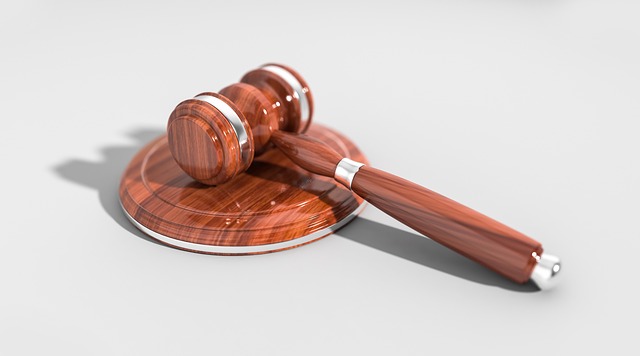Determining the injury case value involves a meticulous analysis of several key factors, including physical injuries, pain and suffering, medical costs, quality of life impairment, and potential long-term disabilities. Complex cases may require expert opinions from doctors and economists to accurately assess these elements. Robust evidence, such as detailed medical records, expert witness testimony, and relevant documents, is crucial for building a compelling injury case value argument. Expert testimony, particularly from medical professionals, is indispensable in complex scenarios, providing insights into the comprehensive impact of injuries and helping courts award fair compensation that reflects all cumulative impacts on the victim's life.
Determining the value of an injury case involves a meticulous process, requiring comprehensive evidence to substantiate claims. This article guides you through the essential components that contribute to evaluating injury case value. We explore the critical role of understanding key elements, types, and quality of evidence presented, as well as the impact of expert testimony in reaching a just assessment. By delving into these aspects, individuals can navigate the complexities of personal injury litigation more effectively.
- Understanding Key Elements of Injury Case Value Determination
- Types and Quality of Evidence Required to Support Claims
- Expert Testimony and Its Role in Evaluating Injury Case Value
Understanding Key Elements of Injury Case Value Determination

Determining the value of an injury case involves a meticulous evaluation of several key elements. These include the extent and severity of physical injuries, pain and suffering, loss of quality of life, medical expenses, and potential long-term effects or disabilities. Each element contributes significantly to the overall compensation sought in personal injury cases.
In business litigation or wrongful death claims, for instance, quantifying these factors may involve expert testimony from doctors and economists. For elder abuse cases, the focus might shift to assessing psychological trauma and the impact on an elderly person’s ability to live independently. Understanding these components is crucial in navigating personal injury law, ensuring that claimants receive fair compensation for their losses and suffering.
Types and Quality of Evidence Required to Support Claims

When building an injury case value argument, the types and quality of evidence presented are paramount. Concrete and credible evidence is essential to substantiate claims, especially in legal disputes involving personal injuries. This includes medical records detailing the extent of injuries, treatment plans, and recovery progress; expert witness testimony from healthcare professionals offering insights into the causation and impact of the harm; and, in cases like wrongful death claims or fiduciary duty breaches, employment contracts or other relevant documents that highlight the relationship and responsibilities between parties.
The quality of evidence matters just as much as its type. Accurate, up-to-date records with clear documentation can significantly strengthen a case. For instance, in employment contracts, precise language outlining roles, responsibilities, and terms can serve as compelling proof of fiduciary duty breaches. Conversely, inconsistent or incomplete evidence may weaken an argument, so ensuring the integrity and reliability of each piece is crucial for achieving a favorable outcome, whether in settlement negotiations or courtroom presentations.
Expert Testimony and Its Role in Evaluating Injury Case Value

Expert testimony plays a pivotal role in evaluating the value of an injury case. In complex legal battles involving serious injuries or medical negligence, the opinions and insights of qualified experts are essential to understand the extent of harm and its financial implications. These professionals, such as medical doctors, economists, and rehabilitation specialists, provide impartial assessments based on scientific methods and industry standards. Their testimony helps courts and juries comprehend the long-term effects of the injury, including potential medical expenses, lost wages, and reduced quality of life.
In cases where fiduciary duty breaches lead to serious injuries, expert witnesses are crucial in quantifying damages. They analyze medical records, conduct thorough examinations, and consider the patient’s pre-injury condition to project future needs and costs. This process ensures that the injury case value is accurately represented, reflecting not just immediate losses but also the cumulative impact on the victim’s life.
Determining the value of an injury case requires a comprehensive understanding of various factors and robust evidence. By examining the key elements, including the extent of damages, medical records, expert opinions, and relevant legal precedents, individuals can navigate the complex process of valuing injury cases effectively. The quality and types of evidence presented play a pivotal role in supporting claims, while expert testimony acts as a linchpin in evaluating the potential compensation. Understanding these components is essential to ensuring just outcomes for all parties involved in personal injury litigation.






